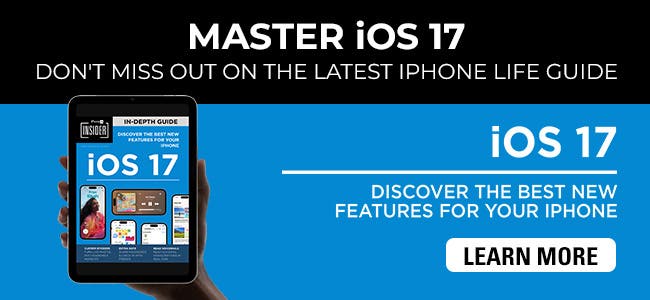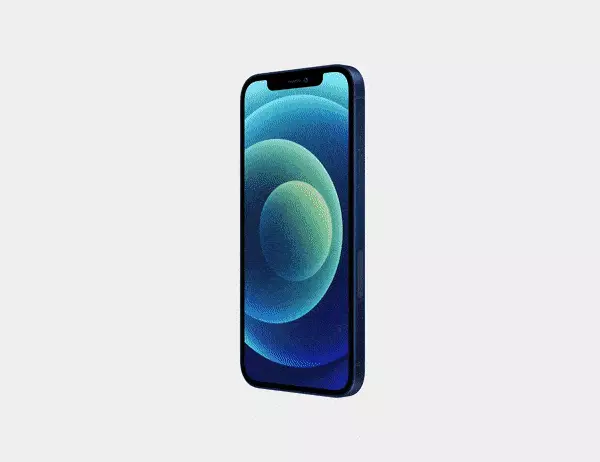The Nelson-Atkins Museum of Art in Kansas City recently replaced their dedicated "Acoustiguides" with a Web-based mobile application accessible on personal Wi-Fi-enabled smartphones. Fifty iPod touches pre-loaded with the "NA Mobile Guide" (naguide.org) are available for use free of charge. The initial reception was a bit tepid; patrons to the Nelson and other art museums tend to be older and not as comfortable with new technology. However, acceptance increased as the content and functionality of the Mobile Guide improved.
From Acoustiguides to iPods
 When the lease expired on the museum's 150 traditional Acoustigides, the museum's Education Department reevaluated their audio guide strategy. One of their goals was to increase the pick-up rate of the guides, which was relatively low with the Acoustigides. They decided that any new device had to be able to display pictures and eventually videos. Dedicated players with such capability were much more expensive than the audio-only guides. They decided that a Web-based solution would take advantage of mobile devices that visitors were already familiar with.
When the lease expired on the museum's 150 traditional Acoustigides, the museum's Education Department reevaluated their audio guide strategy. One of their goals was to increase the pick-up rate of the guides, which was relatively low with the Acoustigides. They decided that any new device had to be able to display pictures and eventually videos. Dedicated players with such capability were much more expensive than the audio-only guides. They decided that a Web-based solution would take advantage of mobile devices that visitors were already familiar with.
The Nelson-Atkins Museum of Art in Kansas City's new "Mobile Guide" is a web-based application optimized to run on iPods, iPads, iPhones and other mobile devices.

Other art museums had already created native iOS apps (see sidebar "Art Museum Applications"), but the Nelson-Atkins Museum believed that a website optimized for mobile devices offered many advantages over a more traditional app. The museum could more easily link a website to their existing content management system. Updates to content and code would be reflected in real time. A native iOS app would be tied to Apple mobile devices, whereas a website could be tweaked to work on a variety of devices.
Challenges developing Web apps
The decision to make a Web app brought some noteworthy challenges. Perhaps the most difficult was providing the necessary Wi-Fi coverage. Base stations and wiring had to be unobtrusive and not distract from the art, yet provide seamless wireless coverage for the Nelson-Atkins building (constructed in 1933), the new Bloch Building, and the adjacent outdoor Kansas City Sculpture Park. It was no easy task.
Conventional Web programming must take into account different operating systems and browsers. The mobile revolution has significantly increased the number of target operating systems and browsers. Writing a Web app that runs on a variety of mobile and desktop browsers produced unique challenges.
Audio and video playback was one example. HTML5 compliant browsers can play back audio or video without the need for a plug-in, greatly simplifying the programmer's task. Using the HTML5 <audio> and <video> tags is a necessity on iOS devices as mobile Safari does not support plug-ins. Unfortunately, it doesn't fully support these new tags either. Consider the variety of browsers available for Android smart devices, and you will understand the difficulty of creating a multi-platform mobile web app.
A walk in the Kansas City Sculpture Park with the Mobile Guide
 Given these challenges, I was eager to see how the Mobile Guide fared. So on a brisk autumn morning, I checked out an iPod touch and looked at a few paintings in the Modern and Contemporary collection. Then I took a walk in the Kansas City Sculpture Park on the south lawn of the museum.
Given these challenges, I was eager to see how the Mobile Guide fared. So on a brisk autumn morning, I checked out an iPod touch and looked at a few paintings in the Modern and Contemporary collection. Then I took a walk in the Kansas City Sculpture Park on the south lawn of the museum.
 Works of art identified with a special label and number have corresponding entries on the Mobile Guide. Simply entering the corresponding number in the app brings up an audio entry, a transcript for the hard-of-hearing, and additional information about the object—visitors can tap and zoom-in on images. The average audio clip is 3 minutes long. Streaming started almost immediately, and the audio is crisp, clear, and informative. The diverse set of narrators included museum curators, actors and actresses (including Glenn Close), and the artists themselves.
Works of art identified with a special label and number have corresponding entries on the Mobile Guide. Simply entering the corresponding number in the app brings up an audio entry, a transcript for the hard-of-hearing, and additional information about the object—visitors can tap and zoom-in on images. The average audio clip is 3 minutes long. Streaming started almost immediately, and the audio is crisp, clear, and informative. The diverse set of narrators included museum curators, actors and actresses (including Glenn Close), and the artists themselves.
The Mobile Guide is one of the most comprehensive mobile art tours available and unique in its Web-based design
Overall the app worked extremely well. My visit occurred a few days after the Mobile Guide's introduction and there were some minor glitches. For example, the Wi-Fi coverage inside the building sometimes dropped and did not cover the entire Sculpture Park. A subsequent outing confirmed that these issues had been addressed.
"More than an Audio Guide"
Just as GPS apps on mobile devices are replacing dedicated single-use GPS units, apps like the Nelson-Atkins Mobile Guide will inevitably replace dedicated single-use audio guides. Emily Black, Assistant Educator for Digital Media, pointed to the increasing acceptance of the mobile guide among the museum's core patrons. "We've found in the last two months that distribution to older audiences has significantly increased," she said. "Many of our older visitors have checked-out an iPod touch from the front desk."
The Nelson has ambitious plans for the expansion of the Mobile Guide in 2011 and on into 2012. "We want to make our app more than an audio guide," Emily said. In November of 2010, the American Indian audio tour was added, and more content is coming on line all the time. Additional plans include adding more multimedia and integrating social tools like Facebook.
Art Museum apps
 In July 2009, The Brooklyn Museum was the first art museum to introduce an iPhone app (free, app2.me/3396). Other art museum apps on the App Store include the following:
In July 2009, The Brooklyn Museum was the first art museum to introduce an iPhone app (free, app2.me/3396). Other art museum apps on the App Store include the following:
free, app2.me/3397
$5.99, app2.me/3400
 free, app2.me/3398
free, app2.me/3398
$2.99, app2.me/3399
$1.99, app2.me/3401
These apps are considered "souvenir" applications you take with you, whereas Nelson's Mobile Guide is used as an in-gallery interpretive tool.

